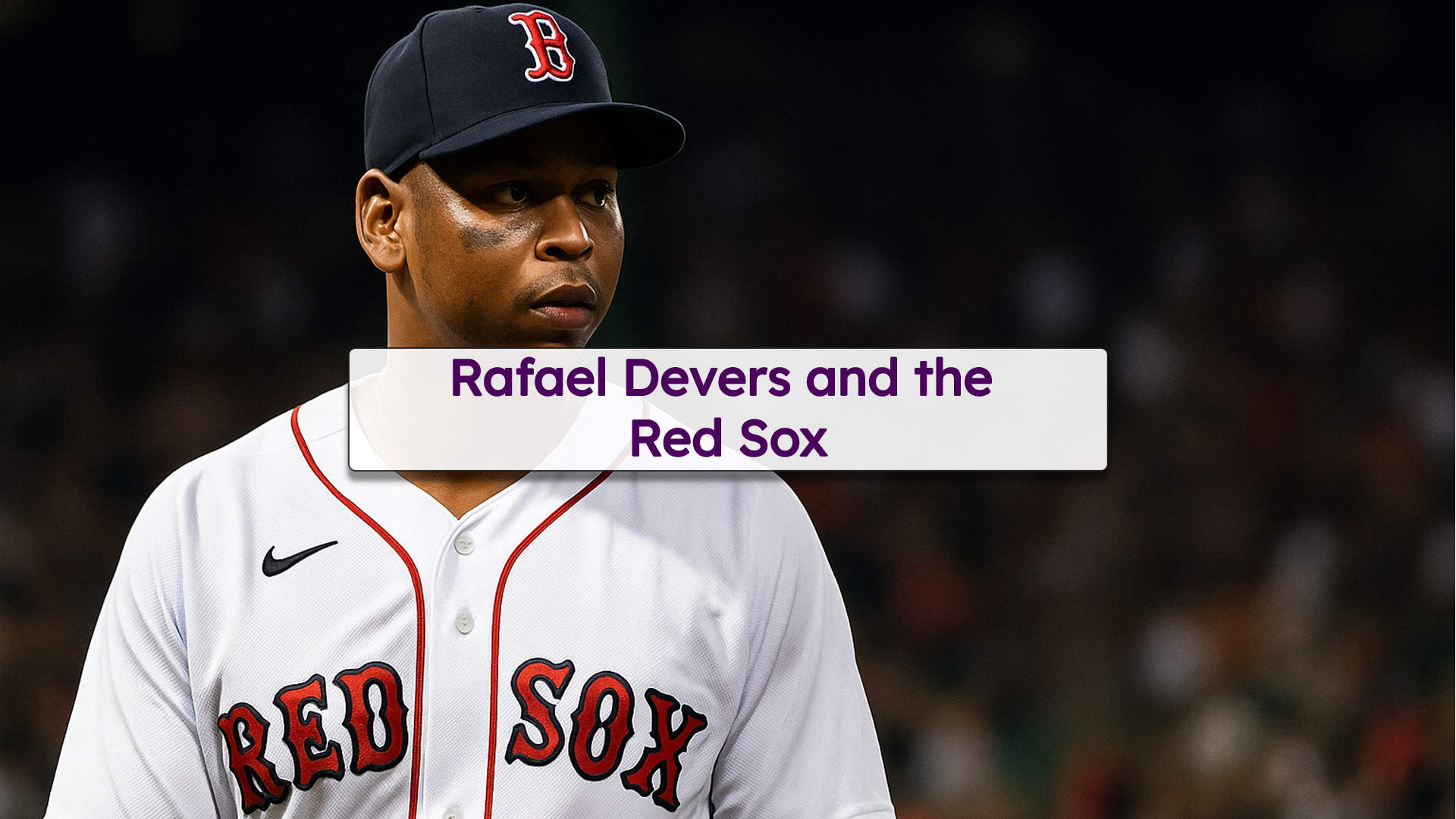Rafael Devers, the Boston Red Sox’s star slugger, finds himself at the center of a growing controversy that’s capturing headlines and stirring debates among fans and analysts alike. The issue? His refusal to transition to first base following a season-ending injury to teammate Triston Casas.
The Backdrop
Earlier this year, the Red Sox signed third baseman Alex Bregman to a three-year, $120 million deal. This acquisition prompted the team to shift Devers, traditionally a third baseman, to the designated hitter (DH) role—a move he accepted after initial hesitation. However, with Casas sidelined, the team approached Devers about moving to first base to fill the void. Devers declined, citing prior assurances that he would remain at DH for the season.
The Fallout
Devers’ decision has reportedly caused tension within the clubhouse. Some teammates view his stance as self-centered, especially given the team’s pressing needs. The Red Sox have since turned to Romy Gonzalez and Abraham Toro to cover first base, but neither has provided a satisfactory solution.
Critics argue that Devers’ reluctance to adapt is detrimental to team cohesion and performance. While acknowledging his elite offensive contributions, they contend that flexibility is essential, especially during challenging times.
Devers’ Perspective
Despite the controversy, Devers maintains that his relationship with teammates remains strong. He emphasizes that his frustration stems from what he perceives as broken promises by the front office, not from any discord with fellow players.
The Bigger Picture
This situation underscores broader issues within the Red Sox organization, including roster planning and communication. The team’s handling of player roles and expectations has come under scrutiny, with some pointing to leadership missteps as contributing factors to the current predicament.
Conclusion
As the Red Sox navigate this internal conflict, the resolution—or lack thereof—could have significant implications for the team’s performance and morale. For Devers, his stance may define not just his season but also his legacy with the franchise. Only time will tell how this chapter unfolds in Boston’s storied baseball history.


